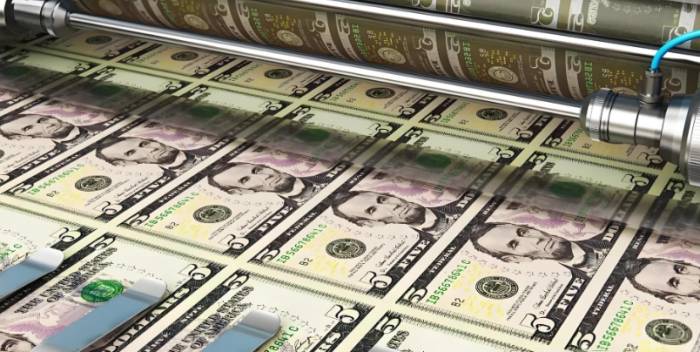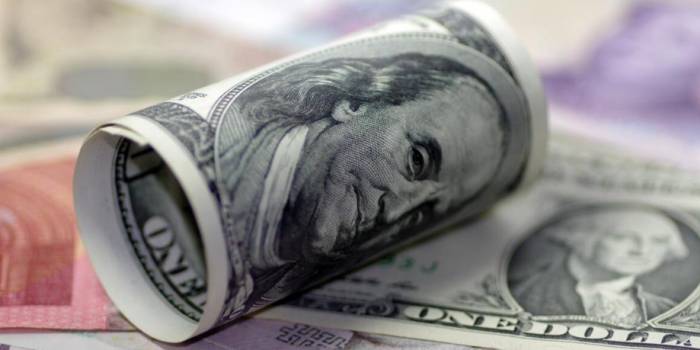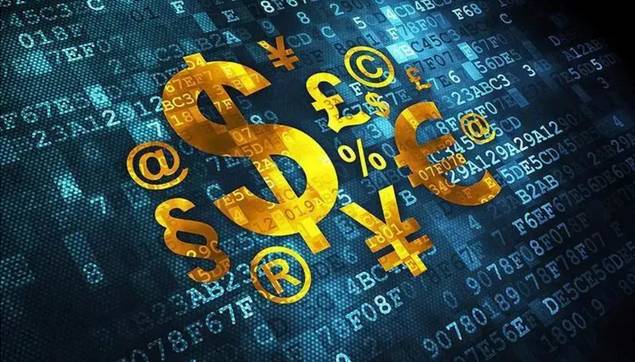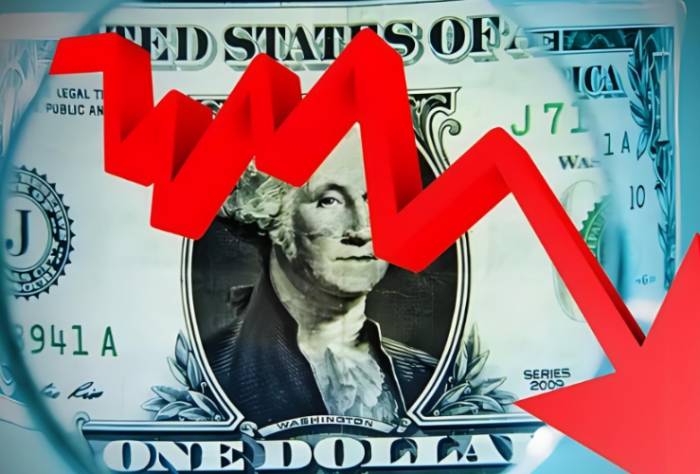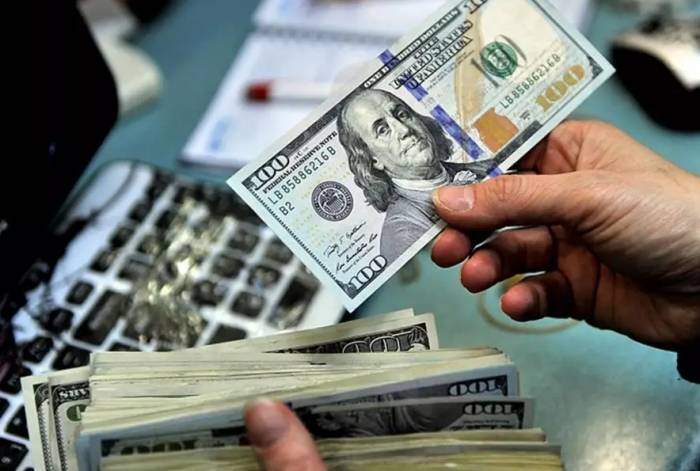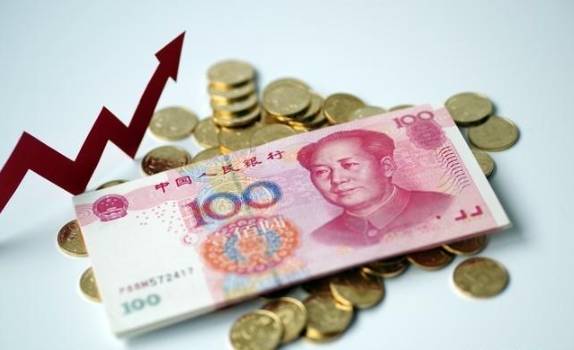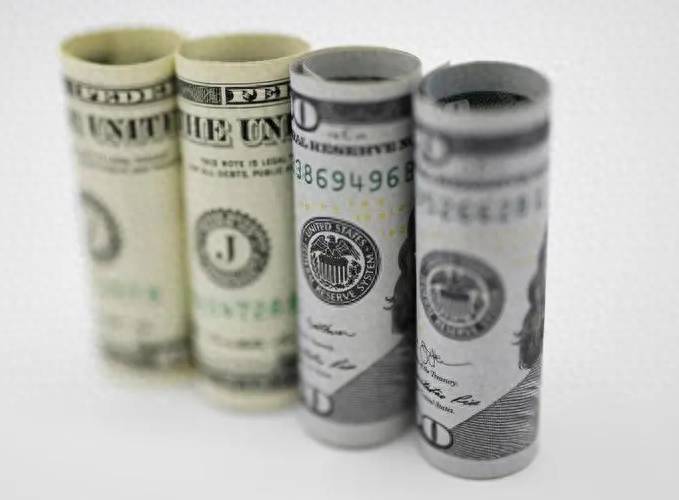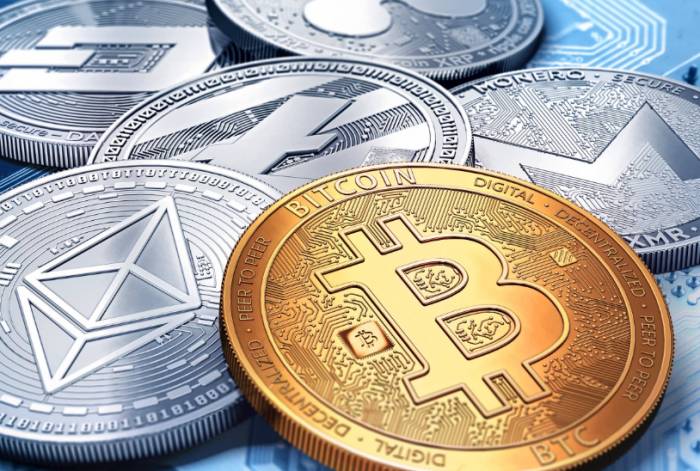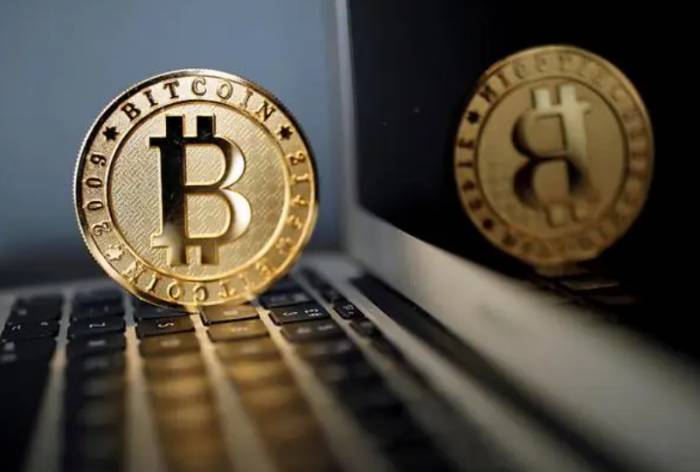The scorching sun bakes the earth and also sears the sensitive nerves of the global financial market.
A set of data from the U.S. Treasury Department, like a stone thrown into a tranquil lake, has caused ripples.
The data shows that China and Japan, the "old friends" of the U.S. Treasury bond market, have simultaneously chosen to reduce their holdings in July, with China reducing by $3.7 billion and Japan by $2 billion.
This is not a coincidence.
Over the past few months, the actions of China and Japan to reduce their holdings of U.S. debt have been traceable, but the scale and intensity this time are particularly eye-catching.
The news has caused global investors to feel a tightening in their hearts: Why has the U.S. Treasury bond, once seen as a safe asset, now become a "hot potato"?
The answer may have to be sought from within the massive machine of the U.S. economy itself.
Over the years, relying on the dollar's hegemony, the U.S. has borrowed heavily on a global scale, living beyond its means, like a spendthrift "moonlight clan," transferring future risks to the whole world.
The "expansion history" of the U.S. Treasury bond scale is more like a cautionary tale of "drinking poison to quench thirst."
Since the beginning of the new century, the scale of U.S. Treasury bonds has been soaring.
From the war on terror to the financial crisis, from quantitative easing to the impact of the pandemic, every crisis has become an excuse for the U.S. government to open the floodgates, and the scale of the national debt has also risen accordingly.
Now, the proportion of U.S. Treasury bonds to GDP has far exceeded the internationally recognized warning line, and the ability to repay is worrying.
What is even more worrying is that the U.S. government seems not to realize the seriousness of the problem, still indulging in the game of "borrowing new to repay old."
High fiscal deficits, persistent trade deficits, and excessive dependence on the financial industry, and other structural issues, like maggots on a bone, are constantly eroding the foundation of the U.S. economy.
Faced with the soaring debt pressure, the Federal Reserve has resorted to the familiar "strong heart pill" of "interest rate cuts," trying to stimulate economic growth by reducing financing costs and easing the debt burden.
The market's response to this is lukewarm, and investors are well aware that interest rate cuts are just a temporary solution, treating the symptoms rather than the root cause, and instead exposing the deep-seated problems of the U.S. economy.
Faced with the "uncertainty" of the U.S. economy, investors have started to vote with their feet, reducing their holdings of U.S. debt and seeking safer and more reliable asset havens.
The actions of China and Japan to reduce their holdings are a microcosm of this trend.
China, the world's second-largest economy, has shown strategic determination in the face of complex and changeable international situations, remaining calm amid the chaos.
China has actively reduced its dependence on U.S. debt by continuously reducing its holdings and actively promoting the diversification of foreign exchange reserves, enhancing its ability to withstand external shocks.
China is also steadfastly promoting the internationalization of the renminbi, actively promoting its use in international trade and investment, and enhancing its international status, contributing to the construction of a more fair, just, and reasonable international monetary system.
As the former global hegemon, the United States' economic dominance is being challenged, and the dollar hegemony system is tottering.
Emerging economies are seeking to "de-dollarize," and calls for the reform of the international monetary system are rising.
Against this backdrop, China actively participates in global economic governance, promoting the construction of a more fair, just, and reasonable new international economic order.
China's "Belt and Road" initiative has brought development opportunities to countries along the route and injected new vitality into the world economy.
The reshaping of the global economic pattern is not something that can be achieved overnight, and the future is still full of challenges.
Geopolitical risks, trade protectionism, climate change, and other global issues require countries to work together to address them.
The global economic predicament is like a complex chess game, full of variables and challenges.
The U.S. debt crisis, the Federal Reserve's policy failure, friction in Sino-U.S. trade relations, and the reshaping of the global economic pattern... Each variable could trigger a chain reaction and have a profound impact on the world economy.
Faced with a great change that has not been seen in a hundred years, China has always maintained strategic determination, with a firm belief in remaining calm amid the chaos.
China will continue to adhere to reform and opening up, unswervingly promote high-quality development, and contribute to the stability and development of the world economy.
China will also actively participate in global economic governance, maintain the multilateral trade system, and promote the construction of a community with a shared future for mankind.
In the face of an uncertain future, China will move forward with a more open attitude and more pragmatic actions, working hand in hand with countries around the world to create a better future!



